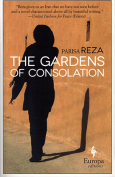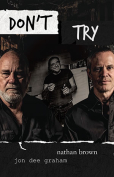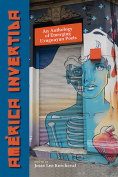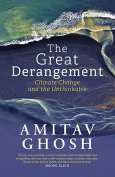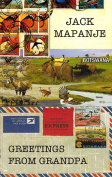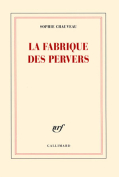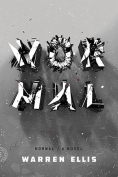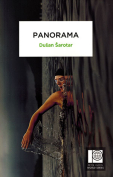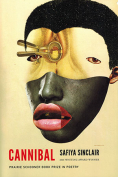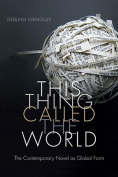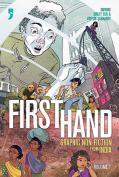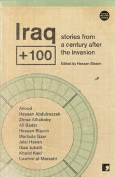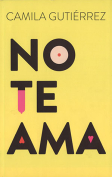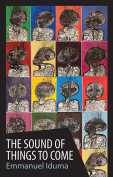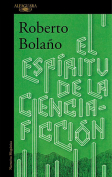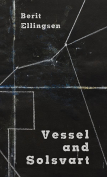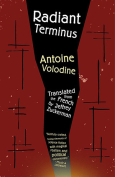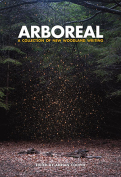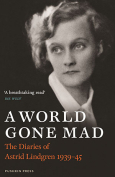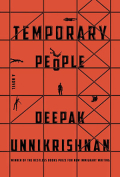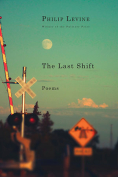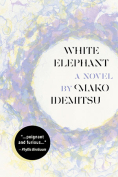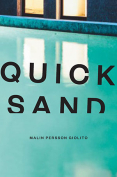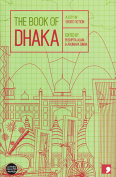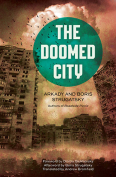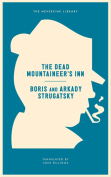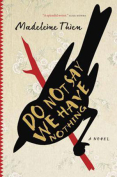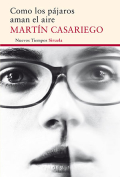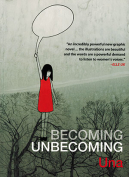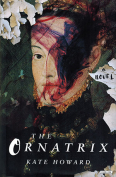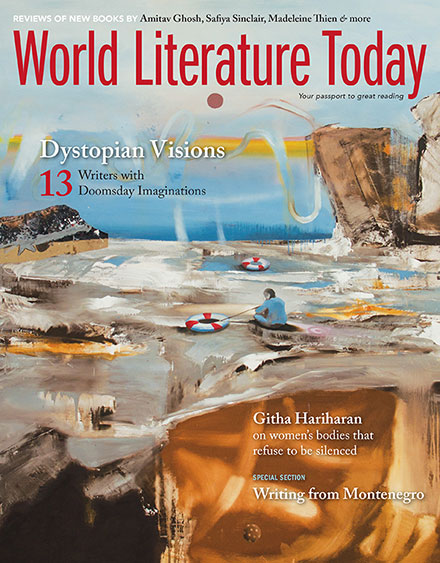The Last Shift by Philip Levine
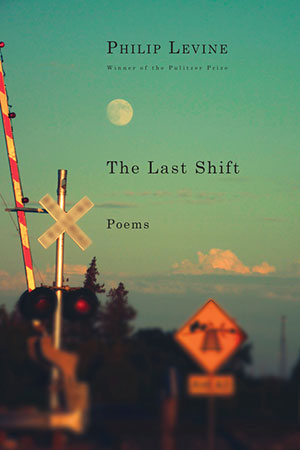 New York. Knopf. 2016. 96 pages.
New York. Knopf. 2016. 96 pages.
Published posthumously, The Last Shift is and will be the last book of new poetry by Philip Levine, his “last shift” of turning the scrap metal of the inescapable wreckage of his youth—a youth robbed by the crushing exploitation of night-shift work in the Detroit auto industry—into the beautifully elegiac vehicles of his poems.
As with his previous books, Levine here portrays workers (himself and many others) deprived of vitality, opportunity, and even hope by a harsh, uncaring capitalism and continued economic desperation forced by low pay: “It’s till Monday / 2,000 miles and fifty years / later and at my back I always / hear Chevy Gear & Axle / grinding the night-shift workers / into antiquity,” and also “In Detroit no one walks under the moon . . . or . . . the unseen stars / that years ago we stopped believing were there . . . the same moon / that left Detroit before I finished high school.”
Many of these poems of the past are narrated in present tense precisely because the past was always vividly present for Levine. The experiences, images, and emotions of that period of his life became inescapable, regardless of time and geographical distance; they “kept going / on and on into the present,” so that even in a distant other country we find him describing an angry, thieving world: “I heard / an angry sea rising against the shore / below my balcony and the winds / raiding the pines and knew morning / would break on a different world.” He well knew how the world’s weather can alter us forever, especially the young who may have no other experiences to counter or resist the destructive forces that twist and subdue them. We hear Levine lament repeatedly in another poem that “no one sits down to weep for the children / . . . no one sits down and weeps.”
Levine knows (and has said as much in other poems, other books) that none of the objects that he and the other workers made was worth their lives, that objects and even places without the living spirit within them are “ugly,” mere physical things, “the way a wall / becomes [ugly] after whoever was meant / to be kept out or kept in has been / transformed perfectly into the light / and dust that collect constantly / on each object in a living world.” Still, after many decades, “The factory / is gone, the machines with it, / the night workers, you, me, / even the rats. All that’s left / are these few unread words / without rhythm or breath / fading before your eyes.” And the memories are left, of course, the ones he has revisited book after book, restoring the desperate, sad, and dispossessed to life. The memories of himself and others are what he has, and to lose them would be to lose what life he has had, however painful.
Still, to embrace them, to continually live with them, and to endlessly recall the ruins are just barely endurable for Levine. In the eponymous last poem of the book, in the very final lines, we hear at the point of imagined death a clenched relief at their grip on him finally being released: “I could feel a deep cold slowly climbing / my legs, which wouldn’t move, my eyes / began to itch and blink on a darkness / I had never seen before. I knew [the things around me] were the last / I’d ever see. These places where I had lived / all the days of my life were giving up / their hold on me and not a moment too soon.”
Fred Dings
University of South Carolina
Get the book on Amazon or add it to your Goodreads reading list.
